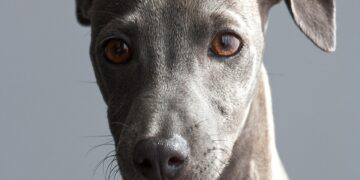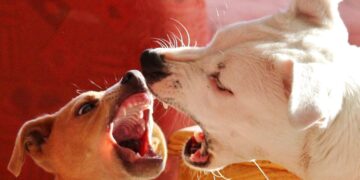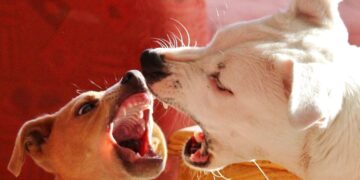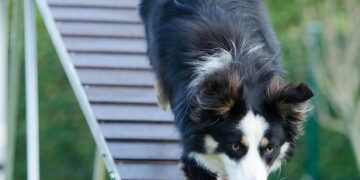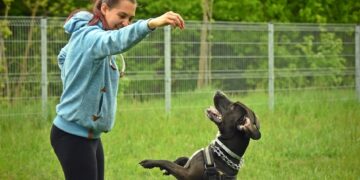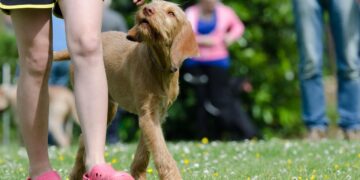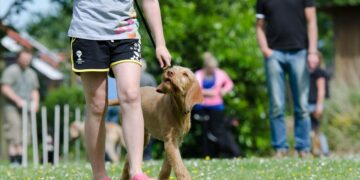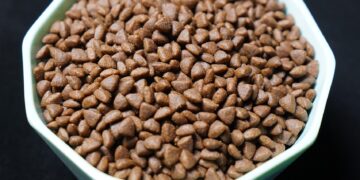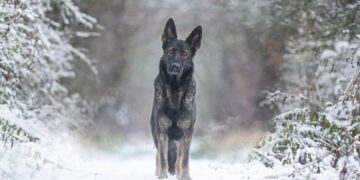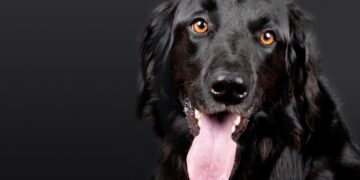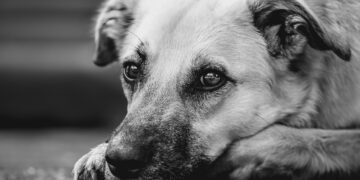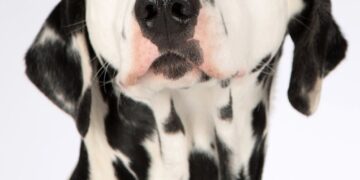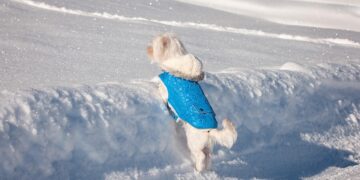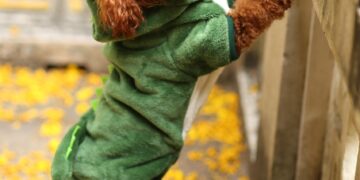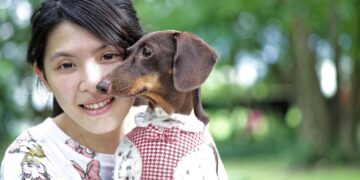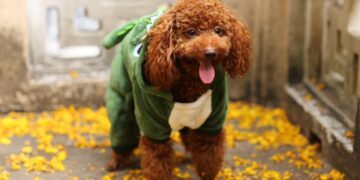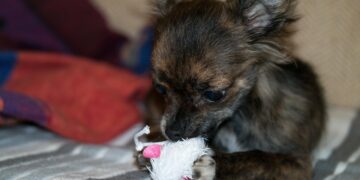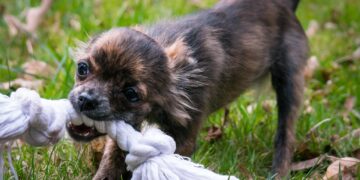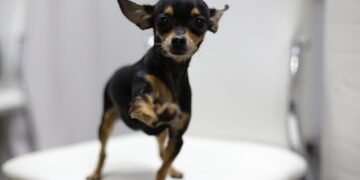Understanding Your Dog’s Behavior Change After Vaccination: What’s Normal?
When it comes to our furry friends, their health and well-being are top priorities. Vaccinating your dog is a crucial step in protecting them against various diseases. However, it is not uncommon to notice some changes in your dog’s behavior following vaccination. Understanding what behaviors are normal and what may require further attention can help you ensure your pet remains healthy and happy.
Why Vaccinate Your Dog?
Vaccinations are essential for your dog’s health. They protect against diseases such as rabies, distemper, parvovirus, and hepatitis. By stimulating the dog’s immune system to fight off invaders without actually causing the disease, vaccines are both a preventative measure and a health investment for your pet.
Common Behavioral Changes After Vaccination
Most dogs will exhibit certain behaviors after receiving a vaccine. These are generally mild and temporary. Here’s what you might observe:
Lethargy
Feeling a bit under the weather is a common reaction for dogs post-vaccination. Your normally energetic pup might seem tired or less interested in playtime. This is typically due to the immune system’s response to the vaccine and should pass within a day or two.
Decreased Appetite
Don’t be alarmed if your dog isn’t as hungry as usual after their shots. A slight loss of appetite is a normal reaction and should only be temporary. Ensure fresh water is always available, and try to encourage eating if the behavior persists for more than a couple of days.
Mild Fever
A small increase in body temperature can occur when the body is responding to the vaccine. This mild fever is a natural part of the immune response and is usually nothing to worry about. However, if the fever seems high or doesn’t reduce, contact your vet.
Slight Swelling or Discomfort at the Injection Site
Your dog might experience some tenderness where the vaccine was administered. This can make them a bit grumpier or more sensitive when touched in that area. Gently monitoring the site for excessive redness or swelling is a good idea.
Behavioral Changes That Require Attention
While most post-vaccination symptoms are no cause for concern, there are a few signs that might require more immediate attention. Watch for these more serious symptoms:
Persistent Vomiting or Diarrhea
If your dog repeatedly vomits or has persistent diarrhea after being vaccinated, this could indicate an adverse reaction to the vaccine. Keeping your vet informed in such cases is crucial.
Severe Allergic Reactions
Although rare, some dogs may have severe allergic reactions to vaccines. Symptoms can include difficulty breathing, severe coughing, swelling of the face or legs, and collapse. If you notice any of these signs, it is a medical emergency, and you should contact your veterinarian immediately.
Changes in Mobility or Behavior
If your dog shows significant changes in how they move or behave — for example, trouble walking or excessive drowsiness — it might indicate a more serious issue. Prompt consultation with your vet is advisable.
Tips for Managing Post-Vaccination Symptoms
Here are some practical ways to help your dog recover smoothly after vaccination:
Provide a Quiet Space
Create a calm environment where your dog can rest without being disturbed by too much noise or activity. Soft bedding and their favorite toys can make them feel more comfortable.
Stay Hydrated
Encourage your dog to drink water. Staying hydrated is vital, especially if they experience fever or decreased appetite.
Gentle Affection
Offer gentle pats and calm reassurance to help soothe any post-vaccination anxiety or discomfort they may be feeling.
Conclusion
Vaccinating your dog is a pivotal part of their healthcare regime, but it’s normal to see some temporary behavior changes following the shots. Understanding what is normal and what isn’t can help you provide the best care for your canine companion. Always stay observant and consult your veterinarian if you’re unsure about any symptoms. With your love and care, your dog will be back to their playful self in no time.




